As the world continues to develop and urbanize, the beauty and wonder of the night skies are often an unintended casualty. In Maine, we are still fortunate to have some of the most pristine and breathtaking night skies in the entire United States. With vast stretches of undeveloped forests and low light pollution, Maine is still a wonderful place to experience the awe-inspiring beauty of the stars, planets and galaxies above.
That’s why astronomy clubs and enthusiasts around the state are celebrating International Dark Sky Week from April 15-21. This is a global event that raises awareness about the importance of protecting our natural nighttime environments and promoting responsible outdoor lighting practices.
Maine’s dark skies are a valuable resource for educational and recreational activities such as stargazing, astronomy and astrophotography. They are becoming better recognized as a driver of tourism, not least with the establishment of the Maine Woods International Dark Sky Park in 2021. The night sky also has cultural significance for indigenous communities, who have long held a deep spiritual connection to the stars and constellations. And preserving dark skies has numerous environmental and health benefits.
Sadly, our connection to the night sky in Maine is not a reality for many millions who live under domes of artificial light that have come to blanket population centers all over the world. We are lucky; our dark sky is a precious resource that we should celebrate and protect.
The good news is that it’s not hard to do. Light pollution is perhaps the most preventable form of industrial environmental degradation. Why? Because the purpose of nighttime lighting – to illuminate a roadway or pathway for safety, or a building or landscape for decoration or security – is usually not in major conflict with the goal of preserving dark skies. In fact, well-designed dark sky-friendly lighting often results in better aesthetics, increased safety through reduced glare and lower electricity costs.
During International Dark Sky Week, there are many ways you can help preserve dark skies. Here are a few ideas:
1. Reduce outdoor lighting. Make sure your outdoor lights are shielded and directed downward to minimize light pollution. Use motion sensors, timers, or dimmers to avoid unnecessary use of outdoor lights.
2. Switch to dark-sky friendly lighting. Choose outdoor lighting fixtures for your home or business that are labeled as “Dark Sky Approved” or “IDA (International Dark-Sky Association) Certified” to ensure that they meet strict requirements for reducing light pollution.
3. Support dark-sky friendly public lighting projects. As towns and municipalities convert street lights to LED, encourage your local officials to use lights with full cut-off shielding and low color temperature.
4. Educate others. Spread the word about the importance of dark skies and the need to protect them. Talk about light pollution and mitigation with your friends and family.
5. Experience the night skies. Take advantage of Maine’s dark skies by spending time outdoors at night, stargazing, or participating in organized events during International Dark Sky Week.
6. Support dark sky initiatives. Get involved with local or regional organizations that are working to protect and preserve our dark skies, such as your local astronomy club or Dark Skies Maine.
By taking these steps, you will help conserve Maine’s dark skies and ensure that future generations can continue to marvel at the wonders of the night sky. Happy International Dark Sky Week!
Invalid username/password.
Please check your email to confirm and complete your registration.
Use the form below to reset your password. When you’ve submitted your account email, we will send an email with a reset code.
« Previous
Commentary: Child care has failed. The government can solve it.

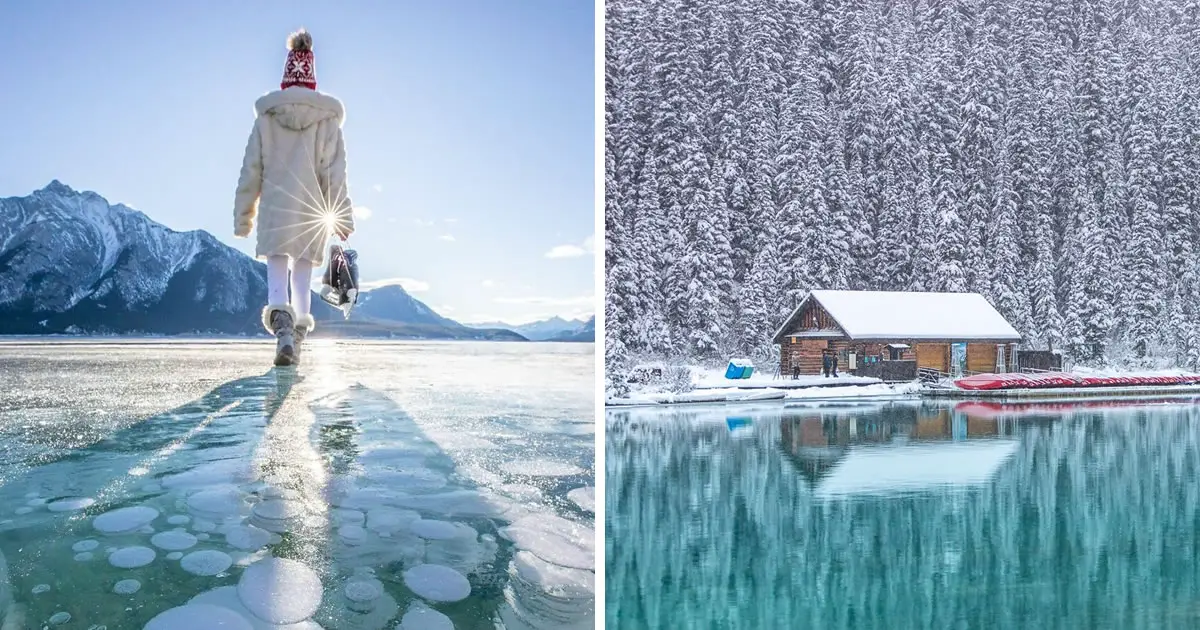
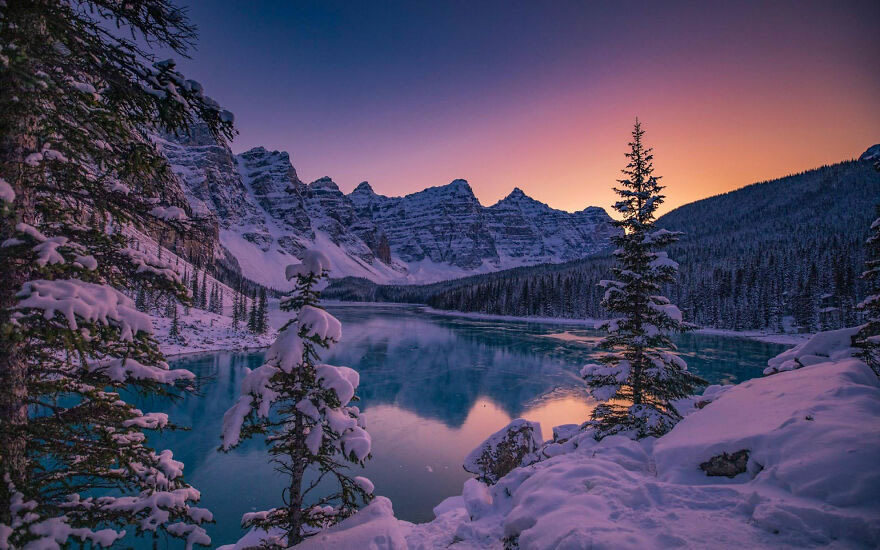

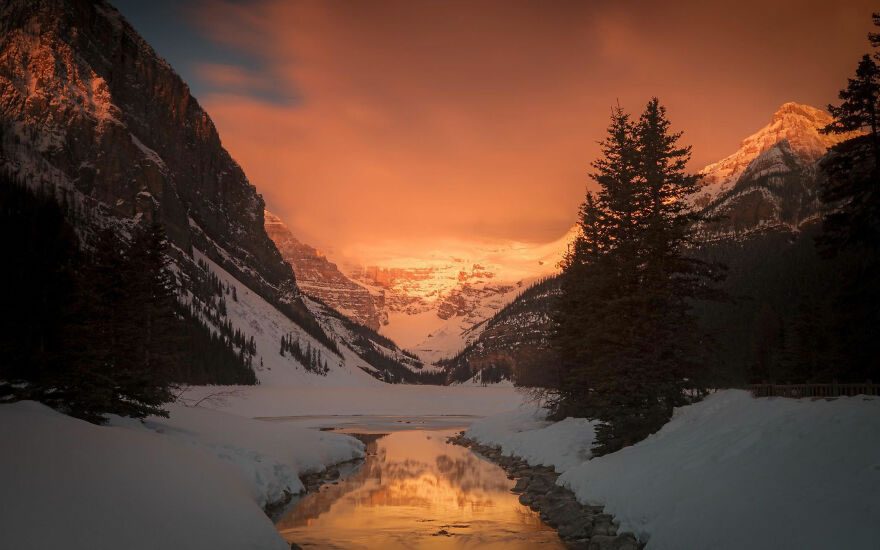
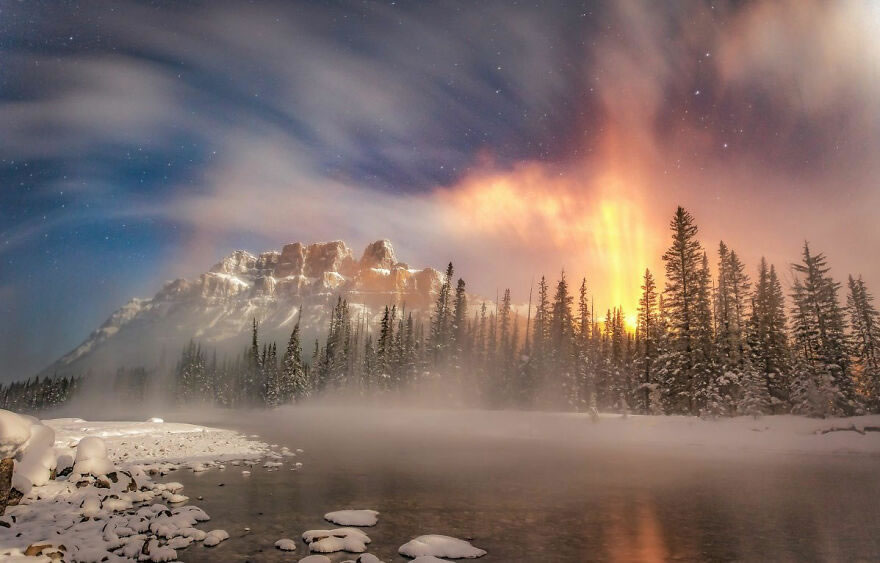
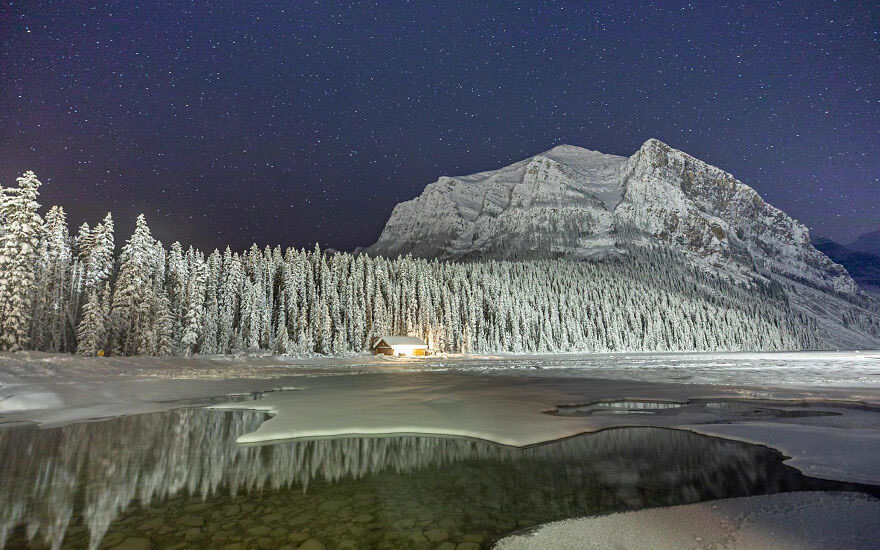
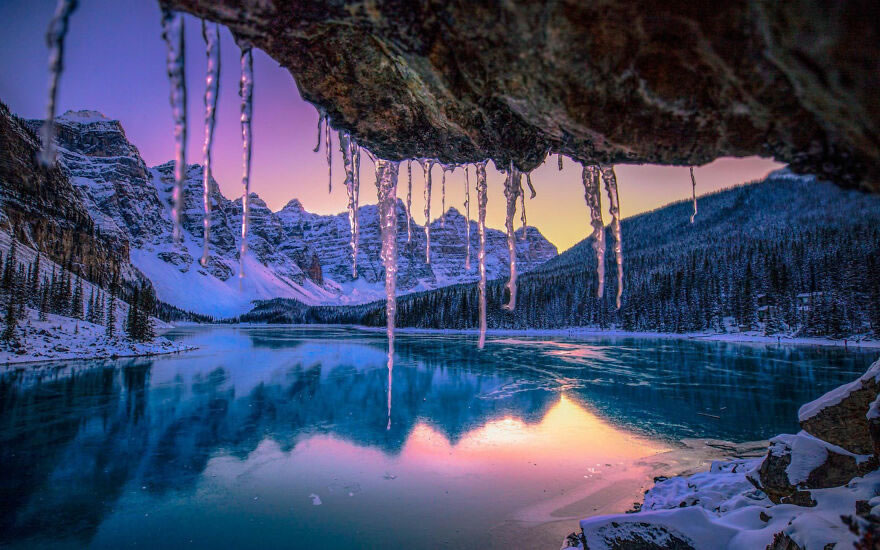



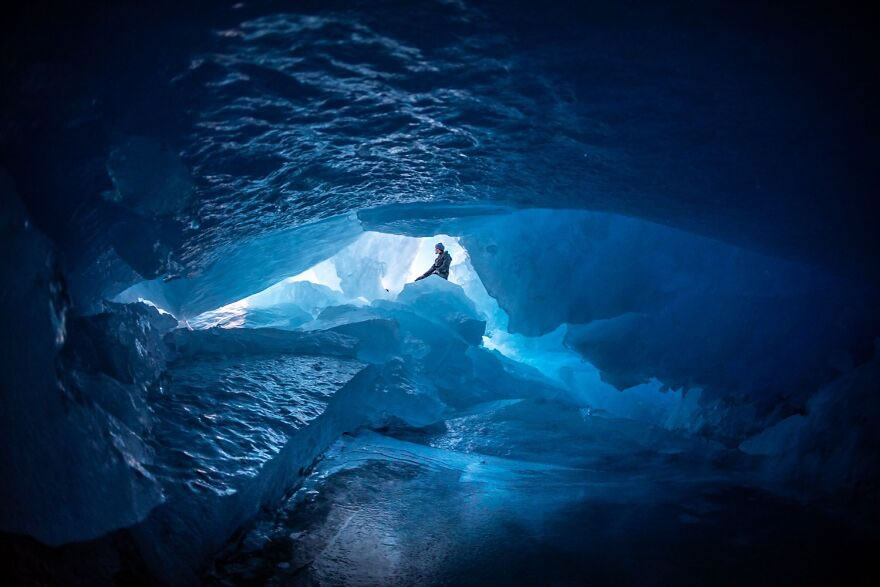


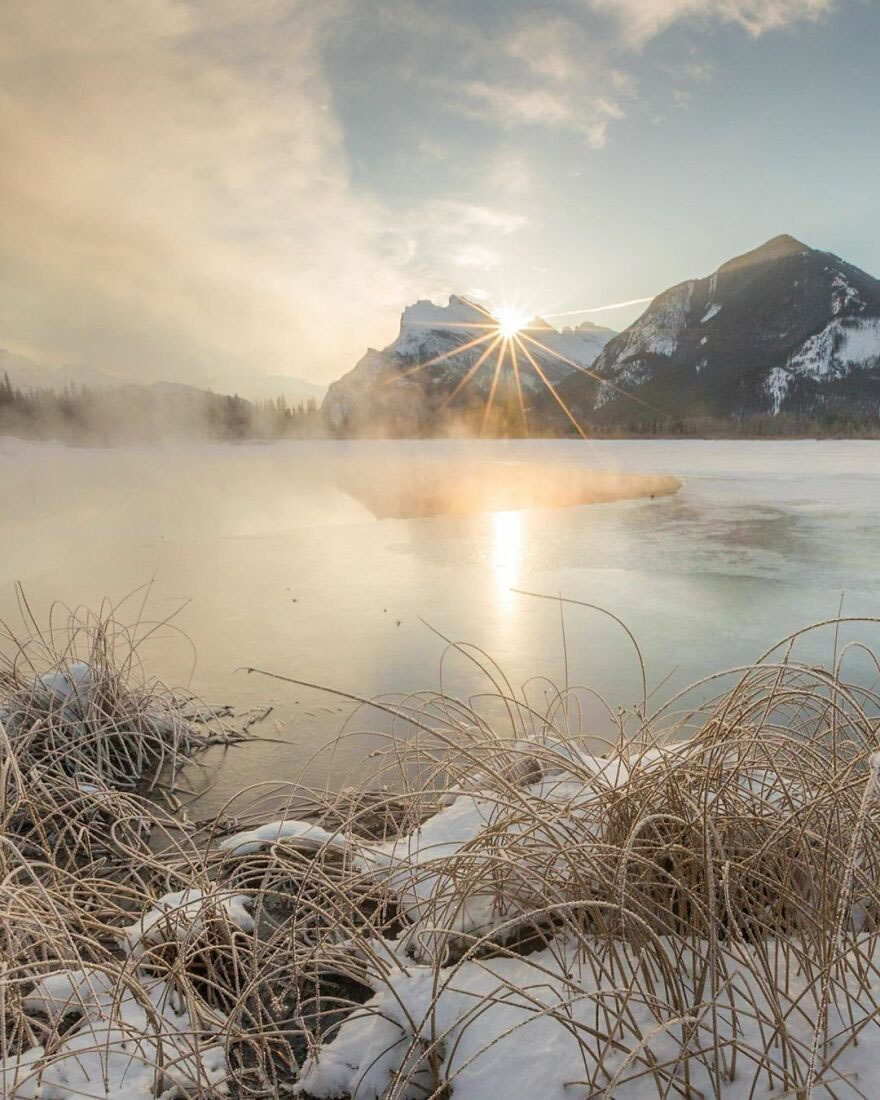


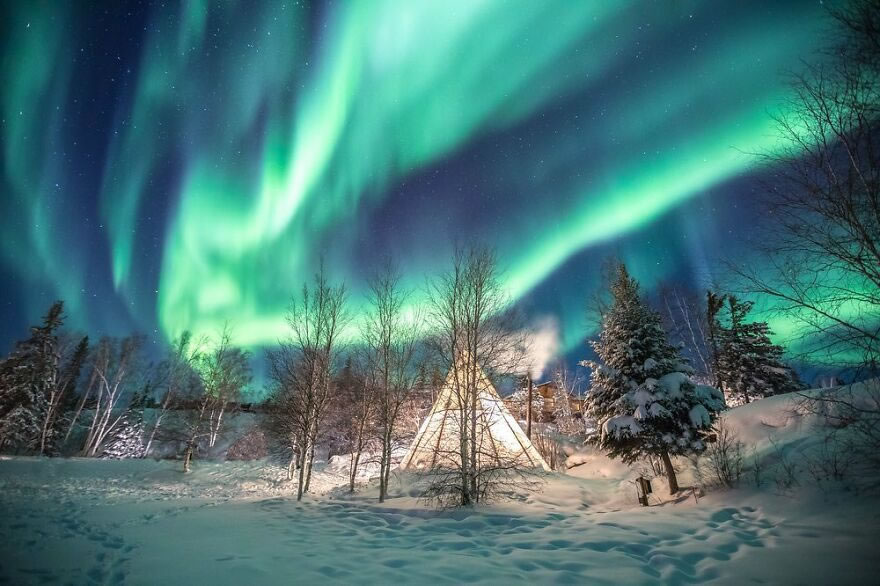
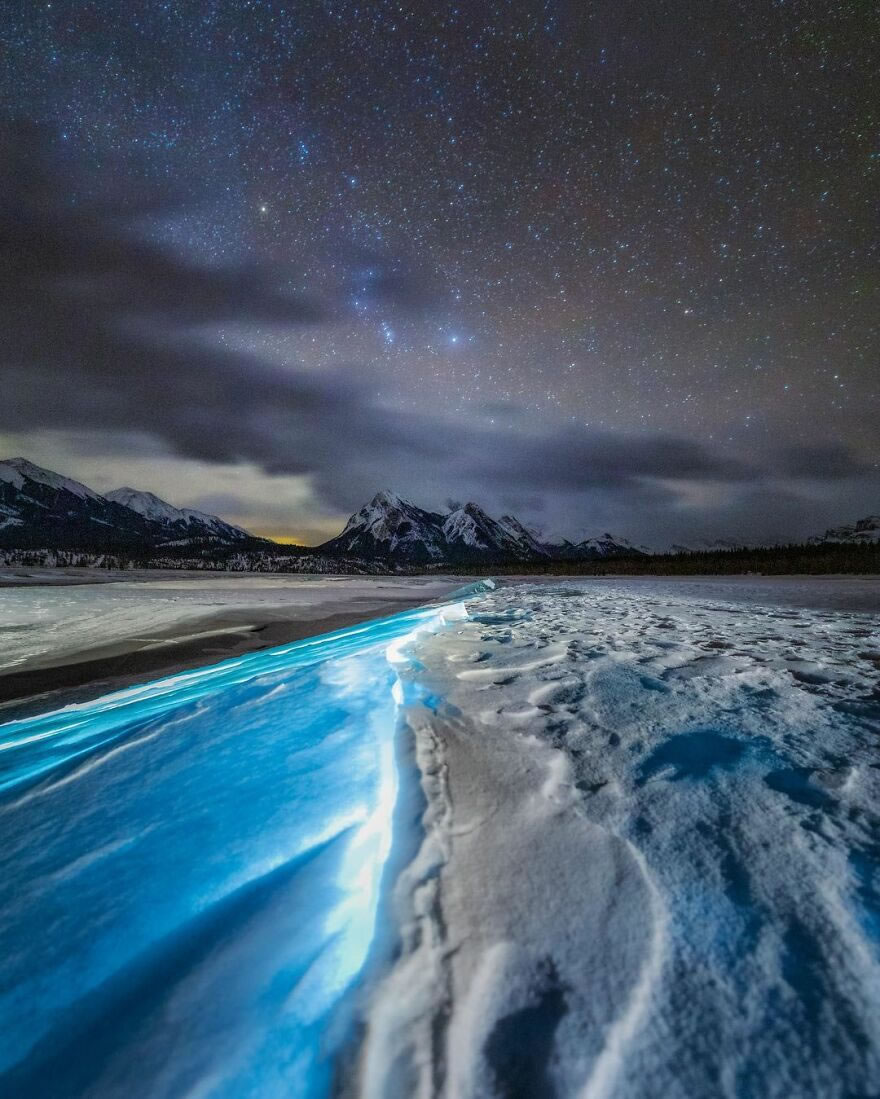
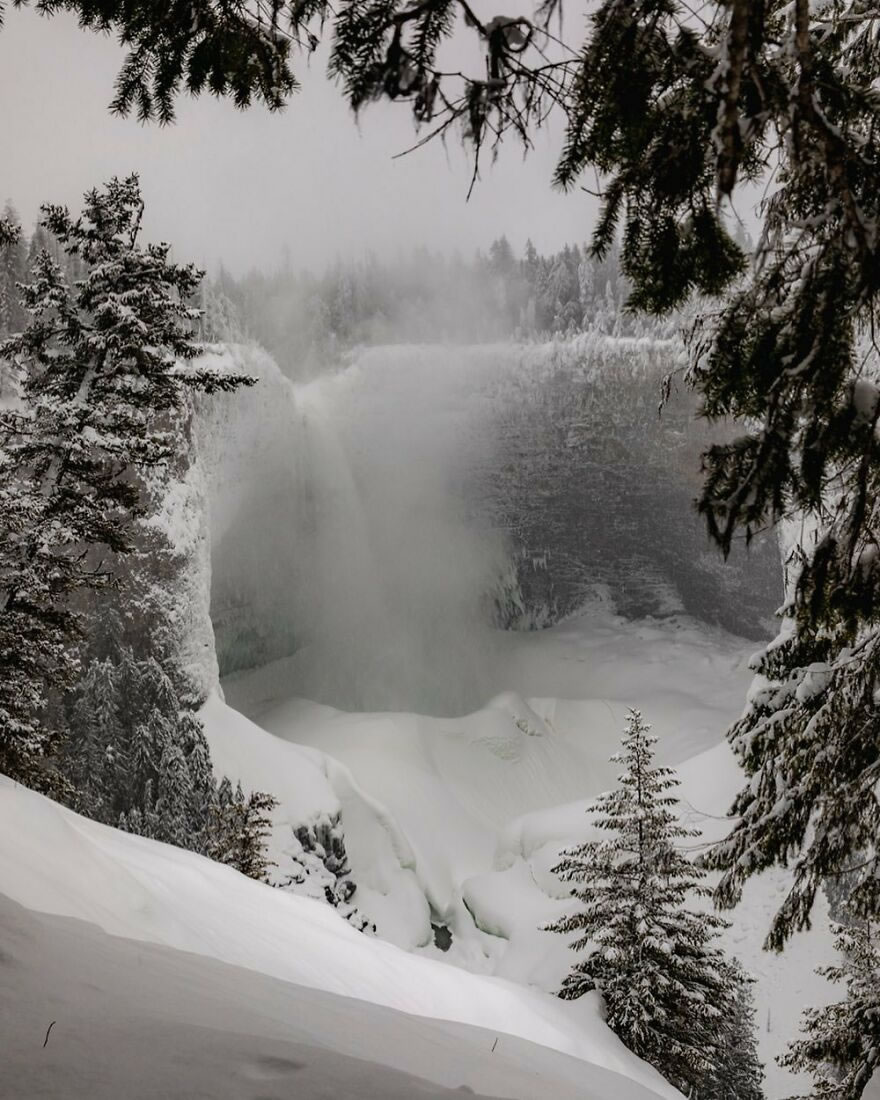

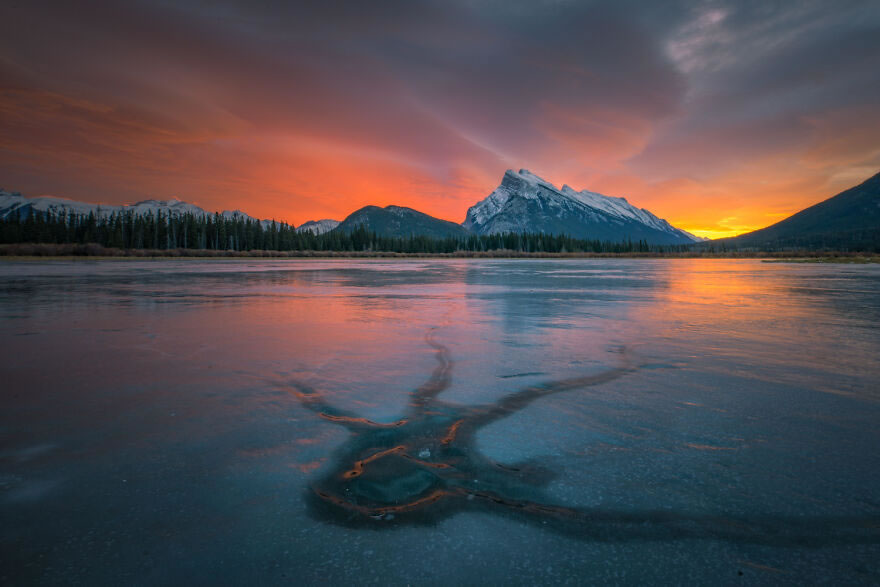
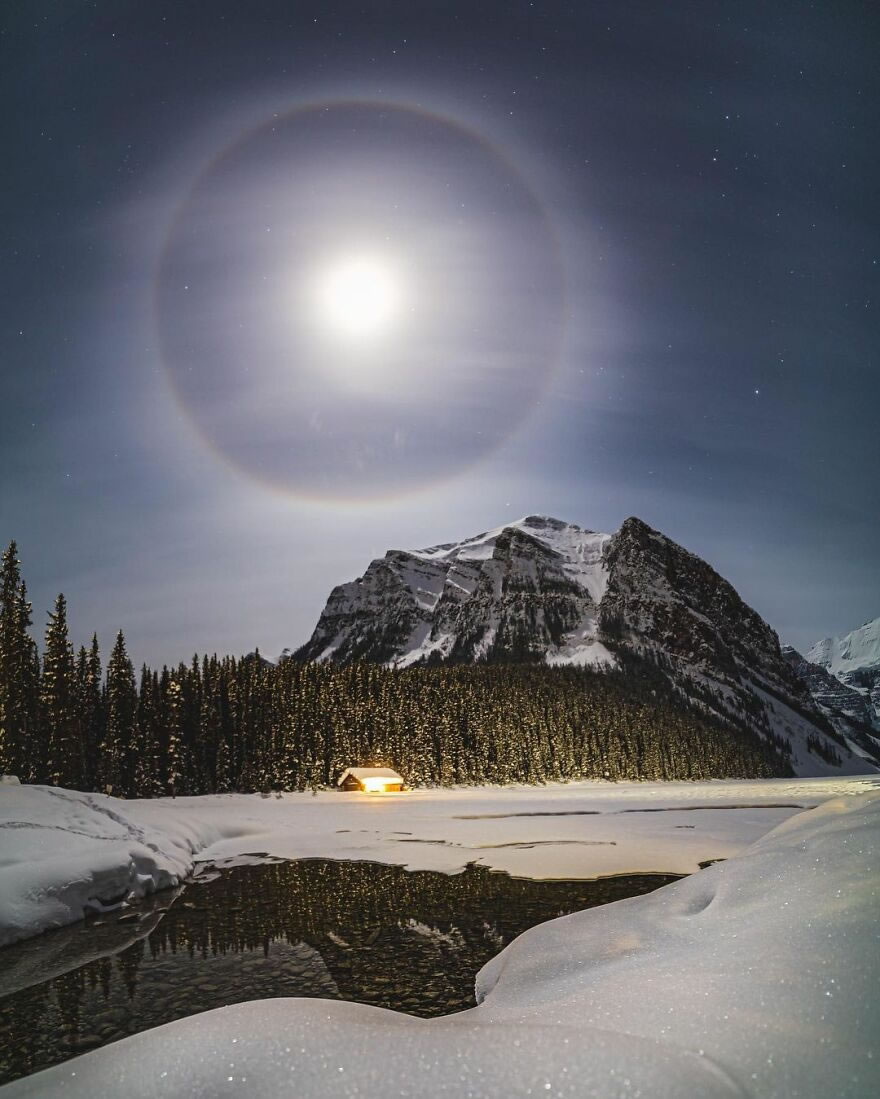
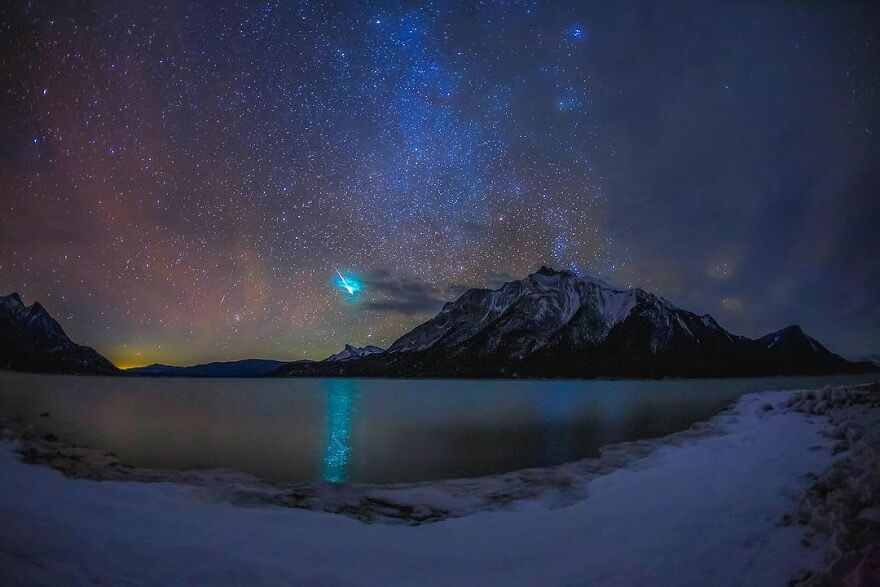

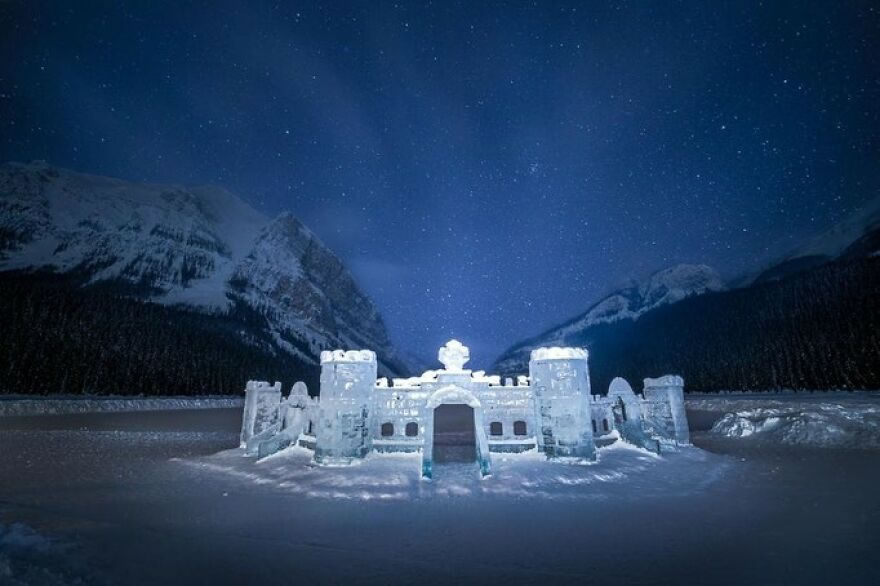
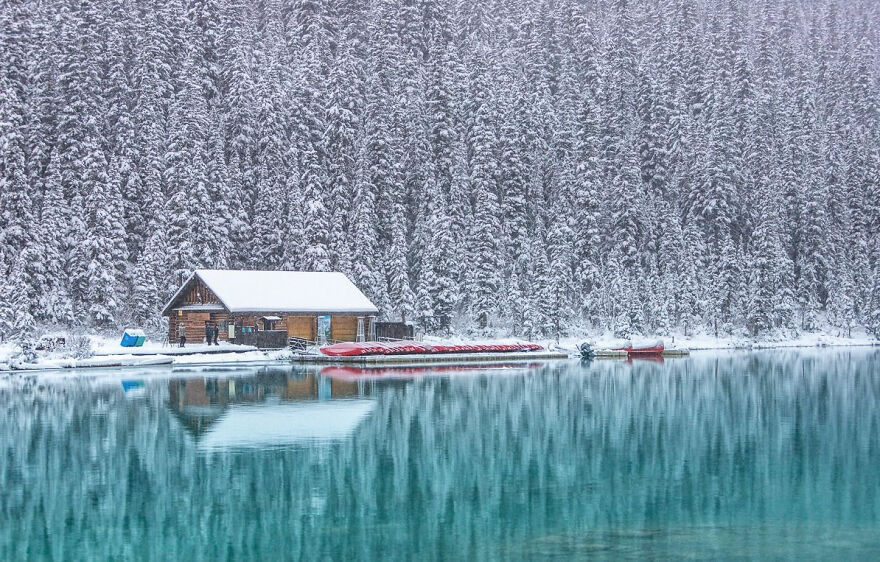
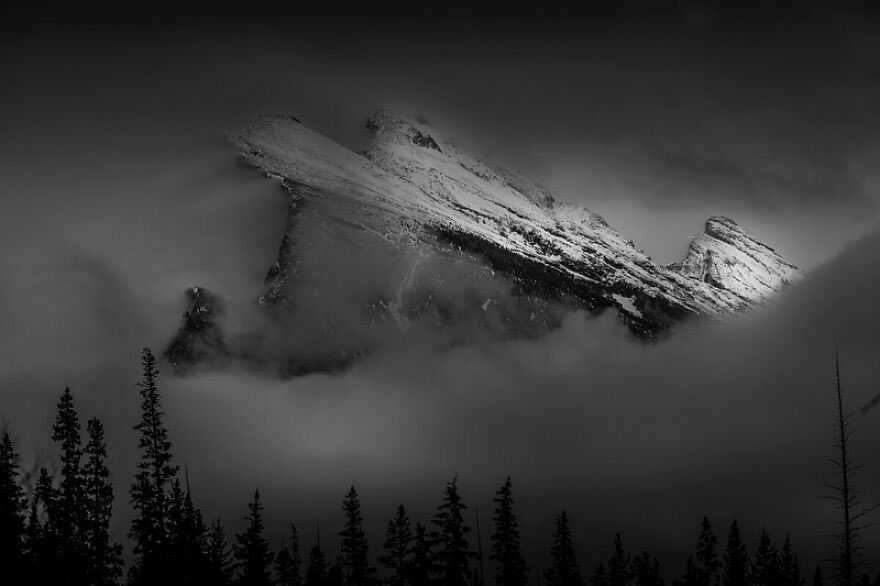




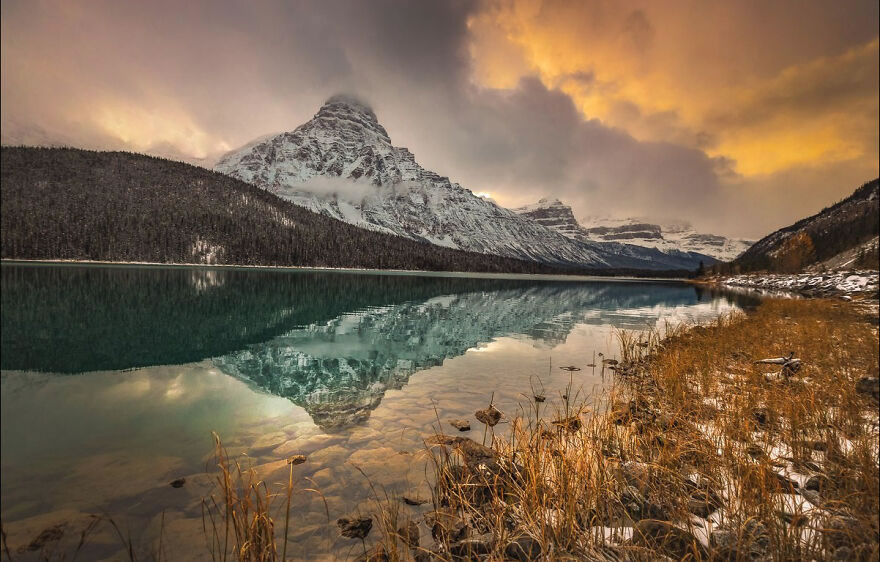


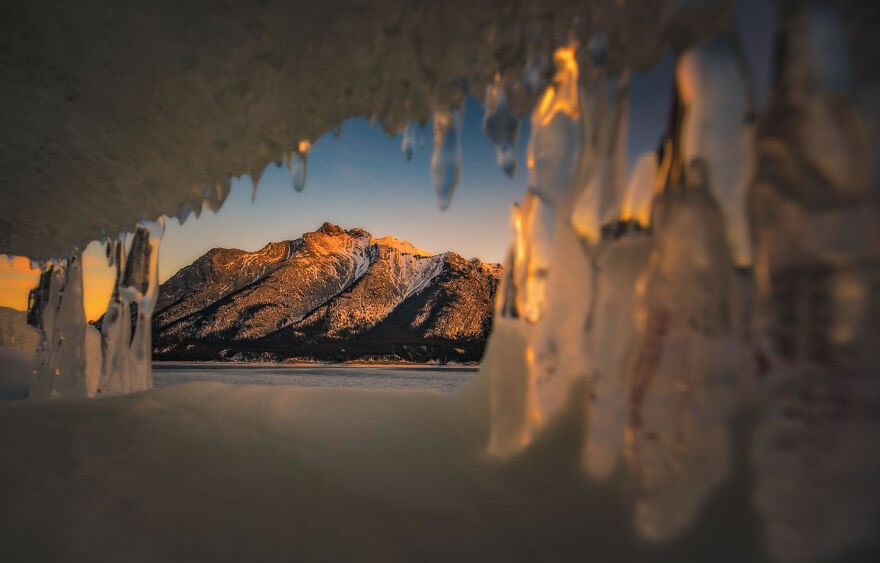


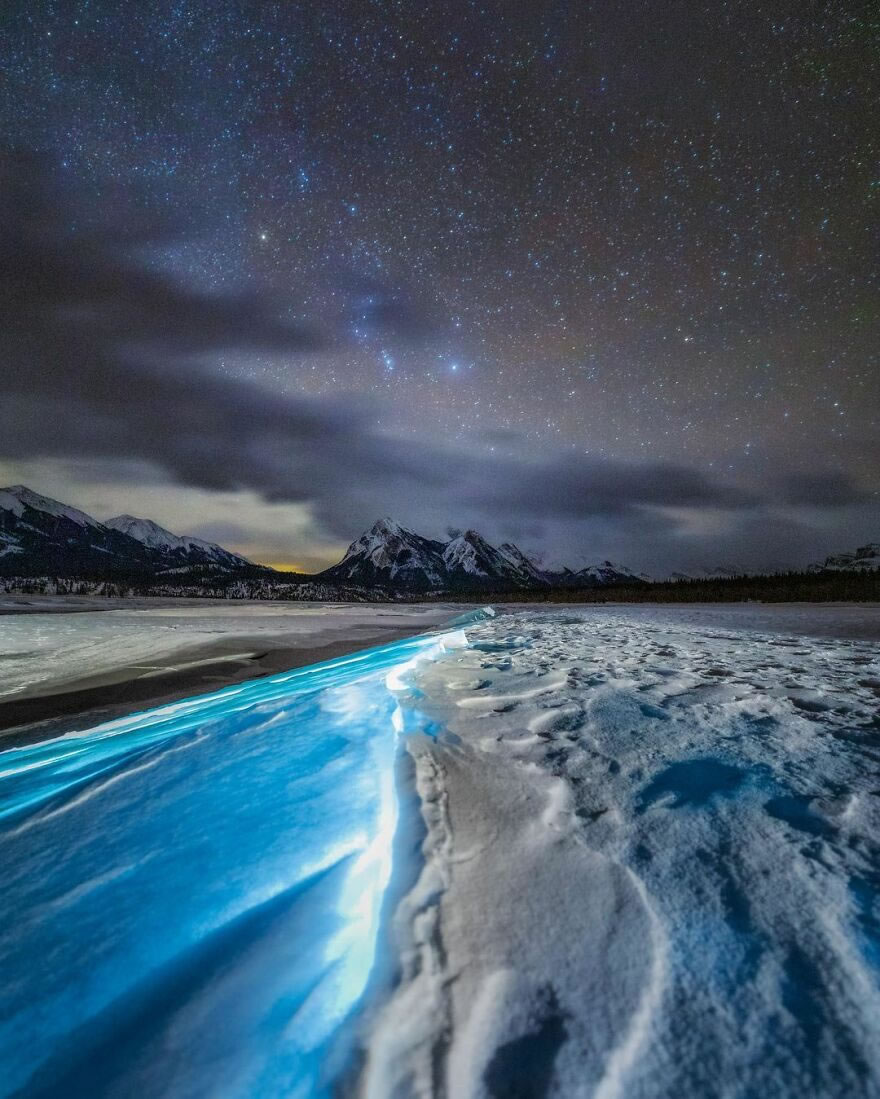
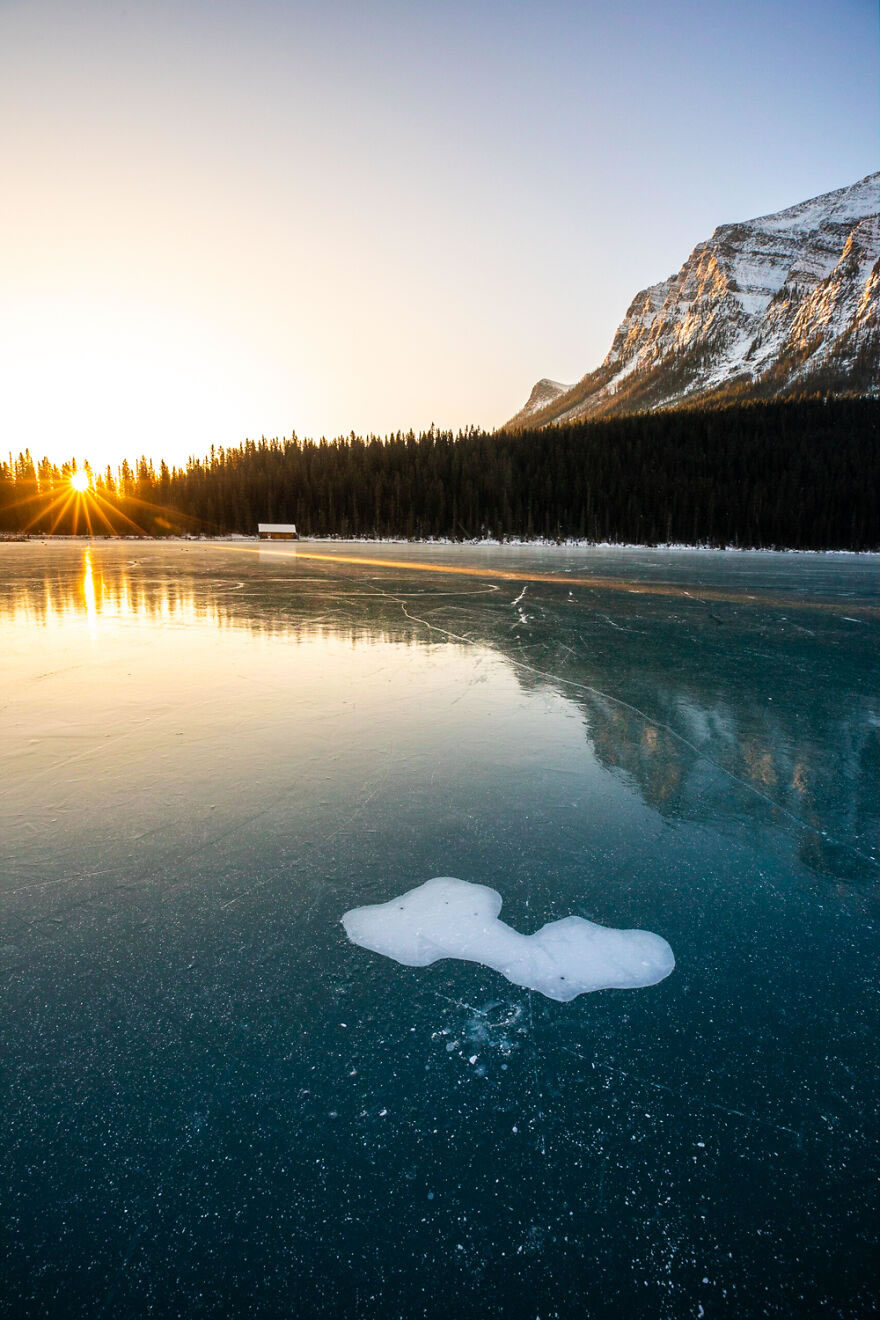

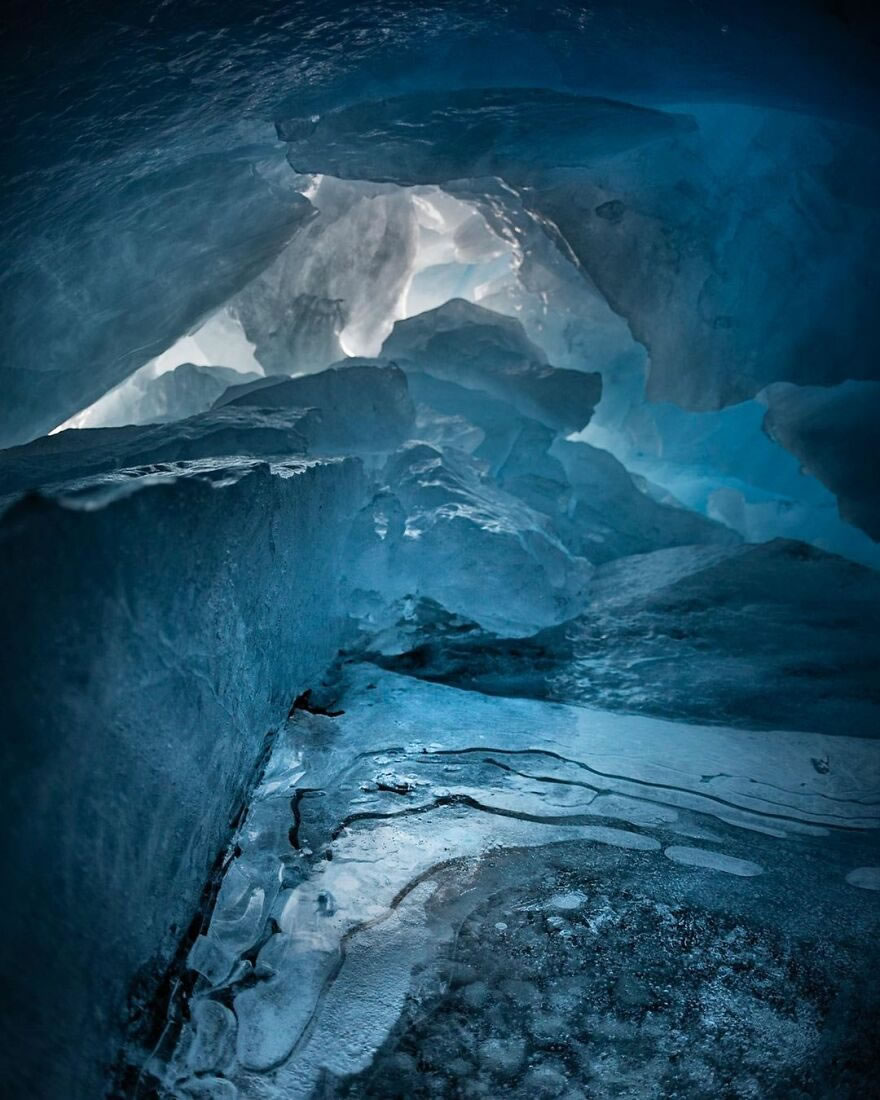




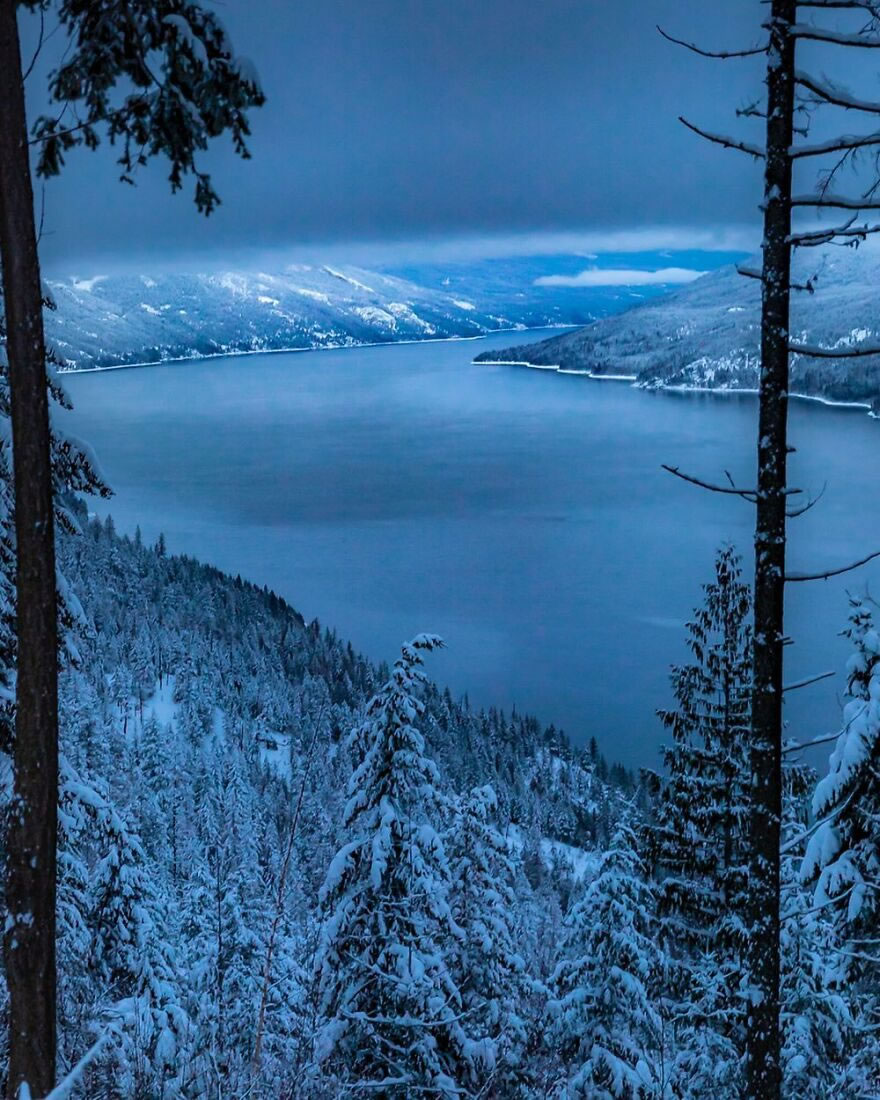








































 Amir E. Gollan
Amir E. Gollan



 Mark Aaron James
Mark Aaron James





































 Matt Baker is a portrait photographer and professional jazz musician. Commissioned work includes headshots, portraits, live concerts, video production, and more.
Matt Baker is a portrait photographer and professional jazz musician. Commissioned work includes headshots, portraits, live concerts, video production, and more.



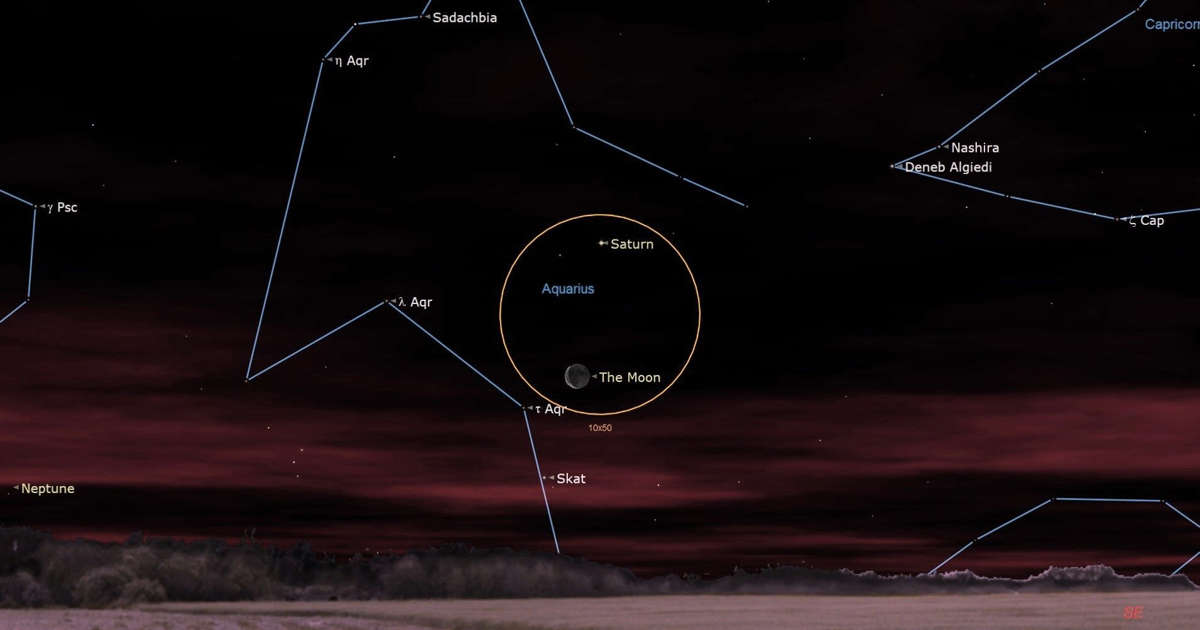


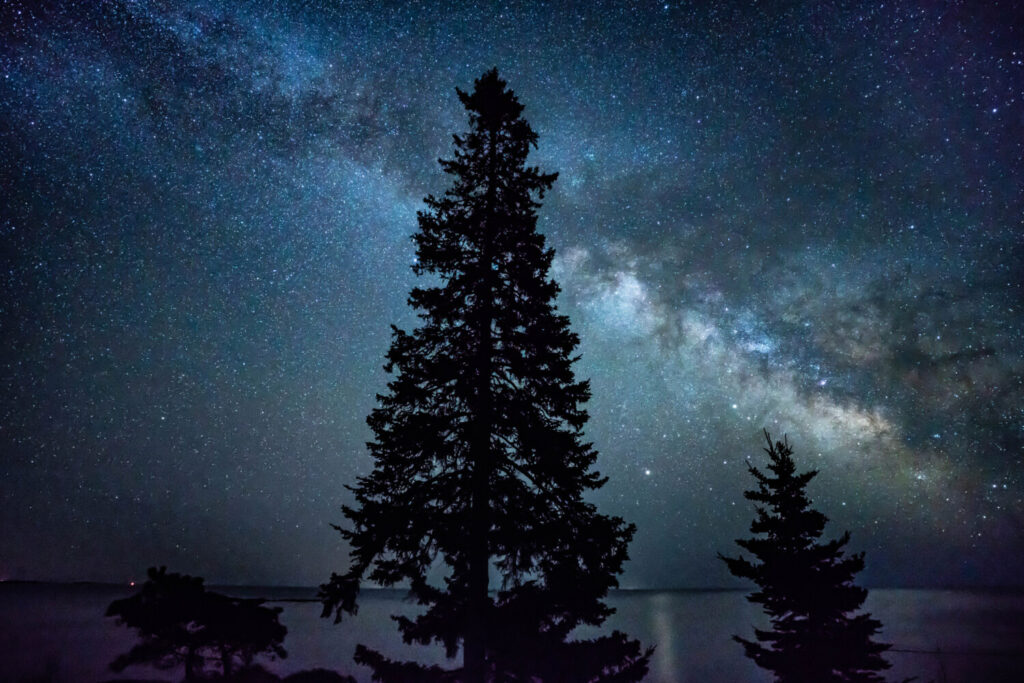

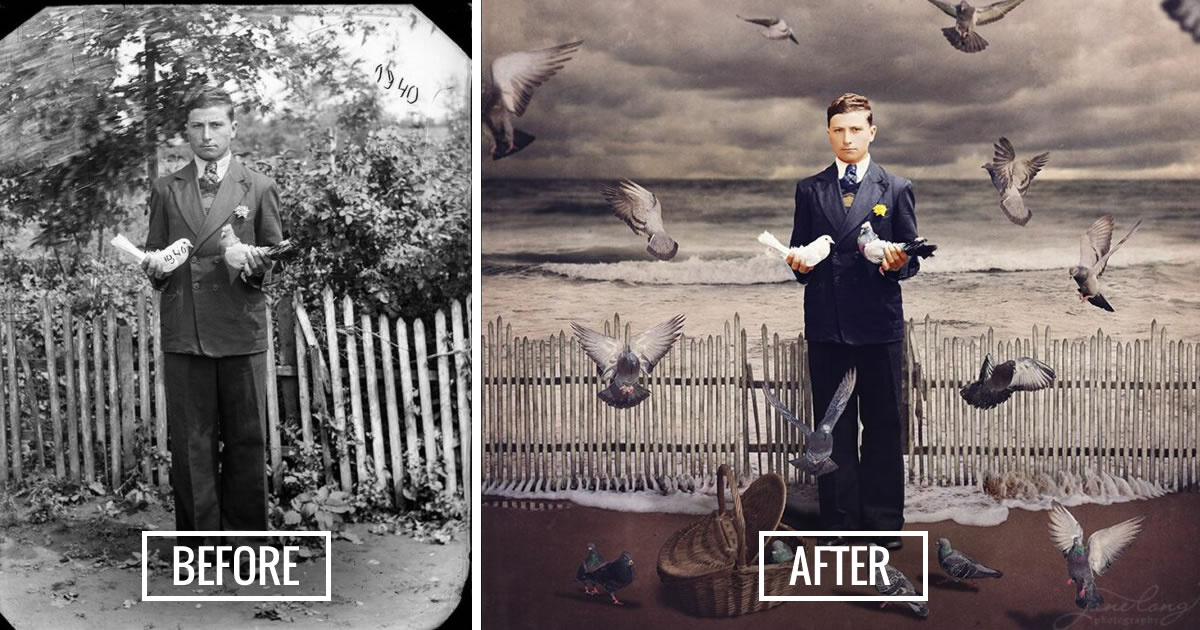






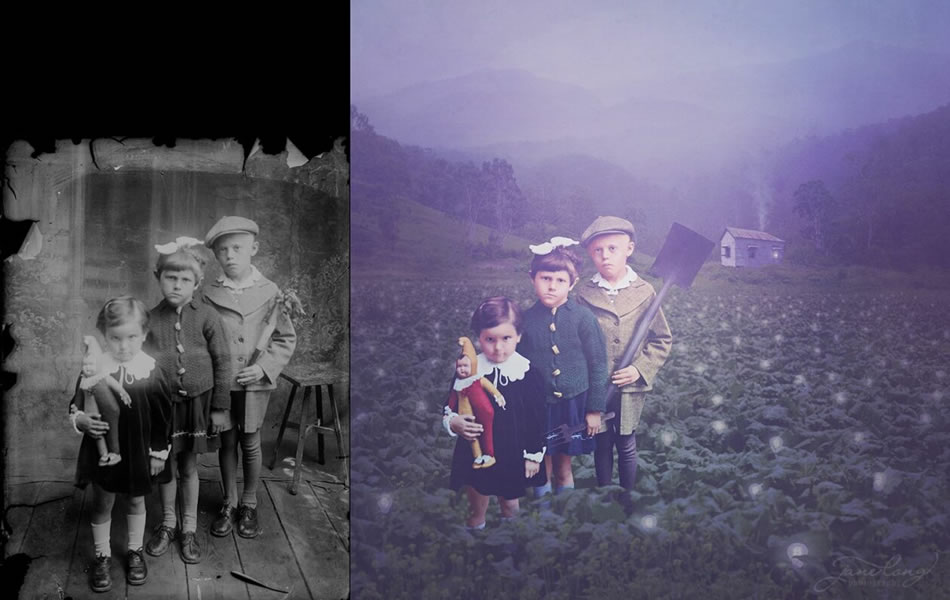





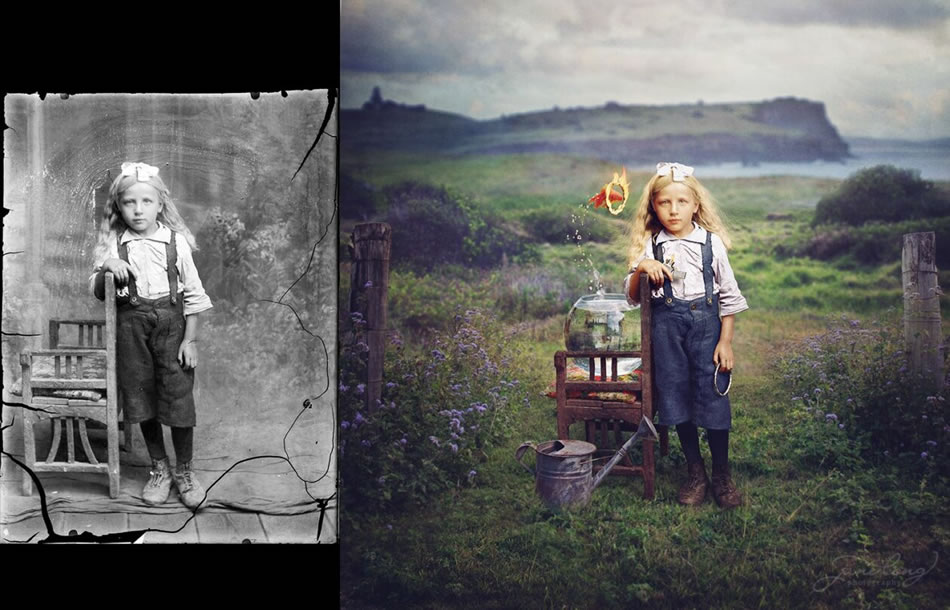
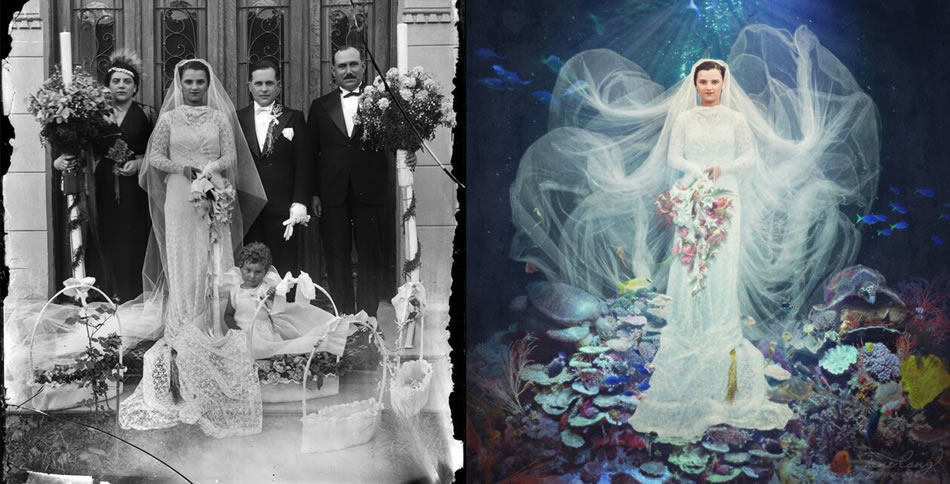

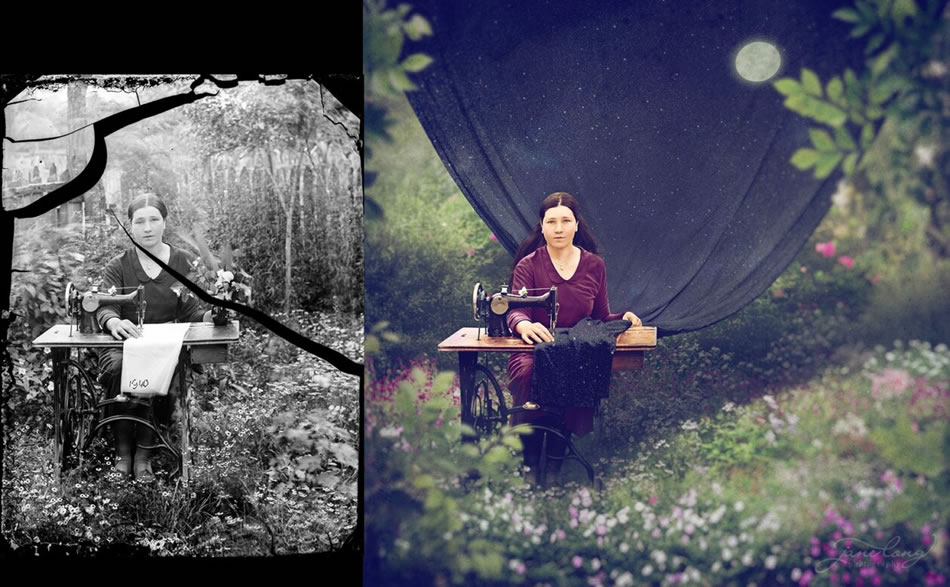
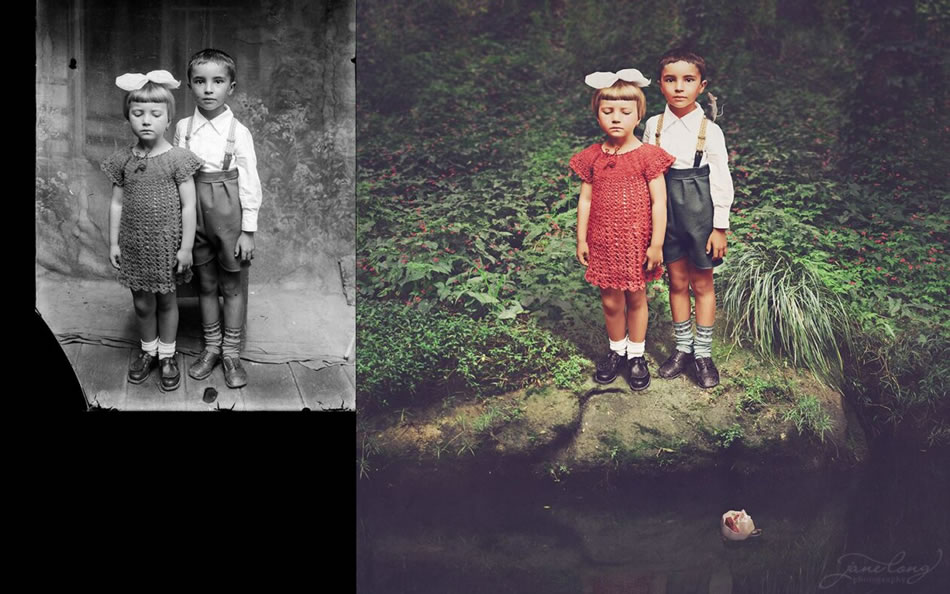
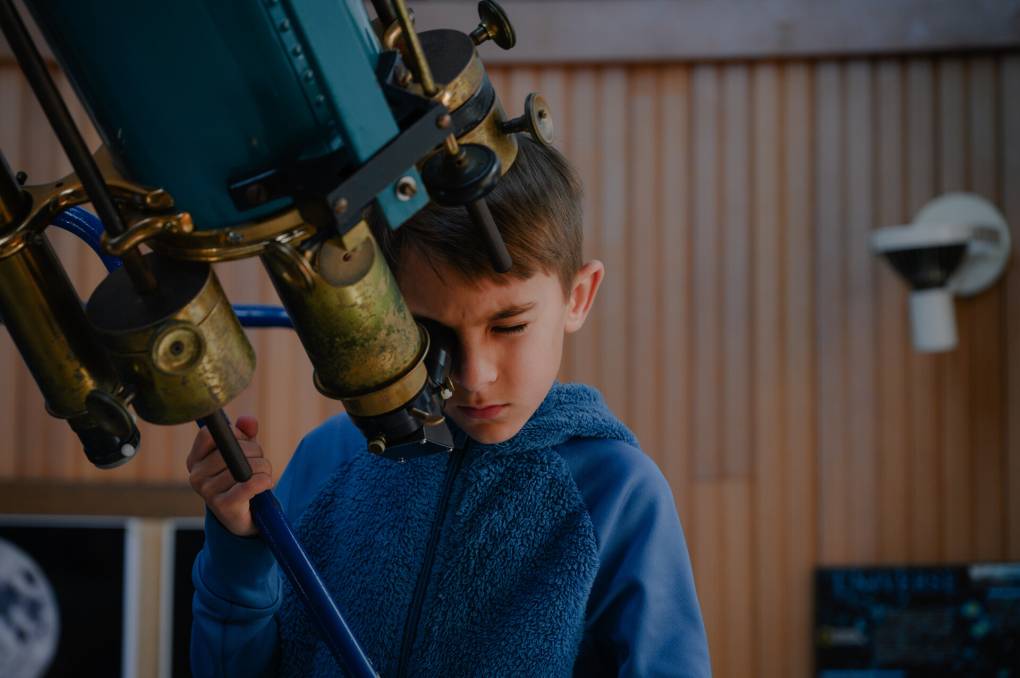
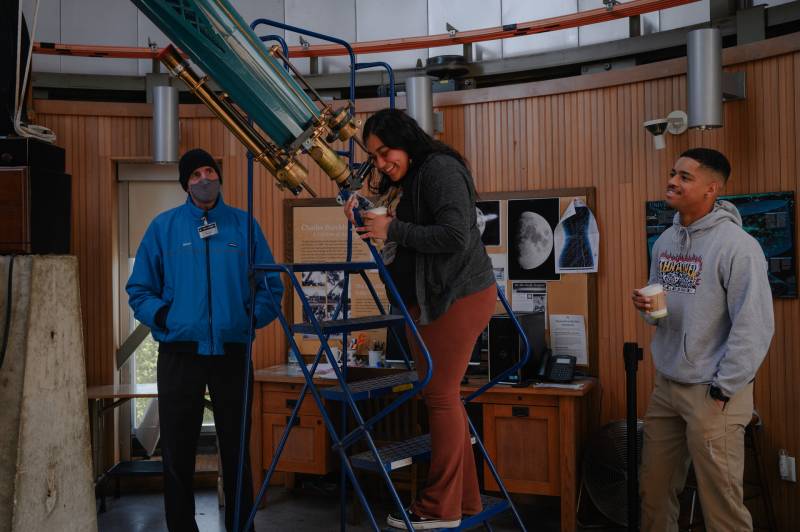
Invalid username/password.
Please check your email to confirm and complete your registration.
Use the form below to reset your password. When you’ve submitted your account email, we will send an email with a reset code.